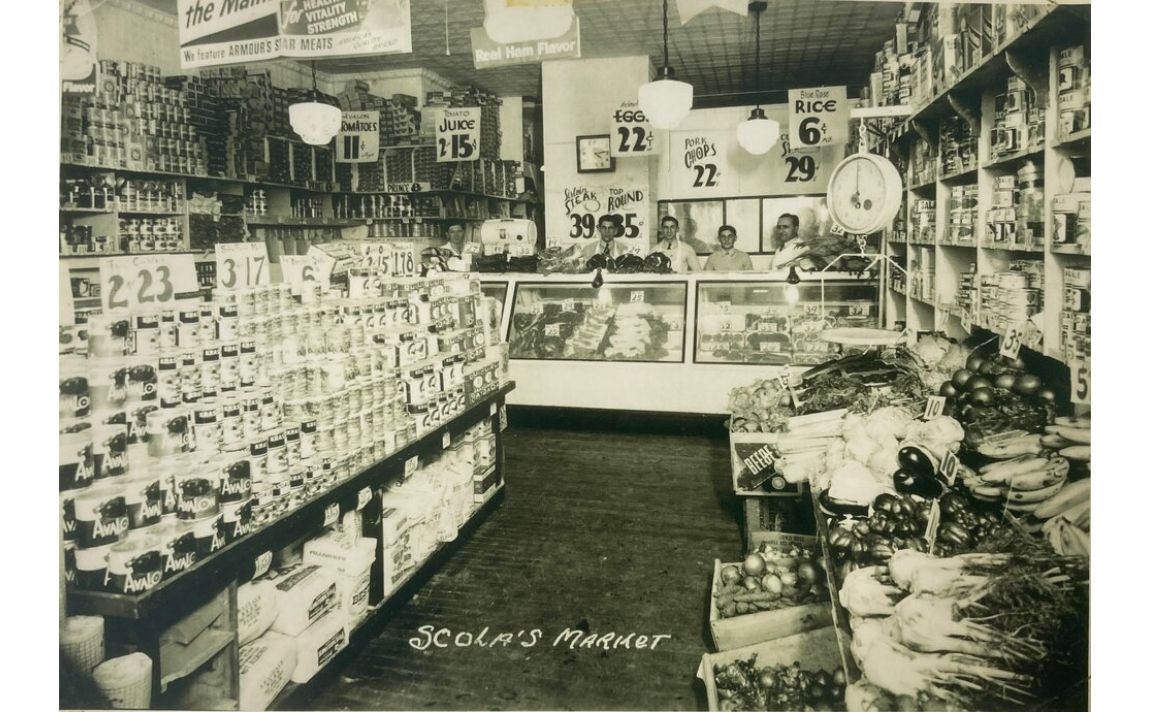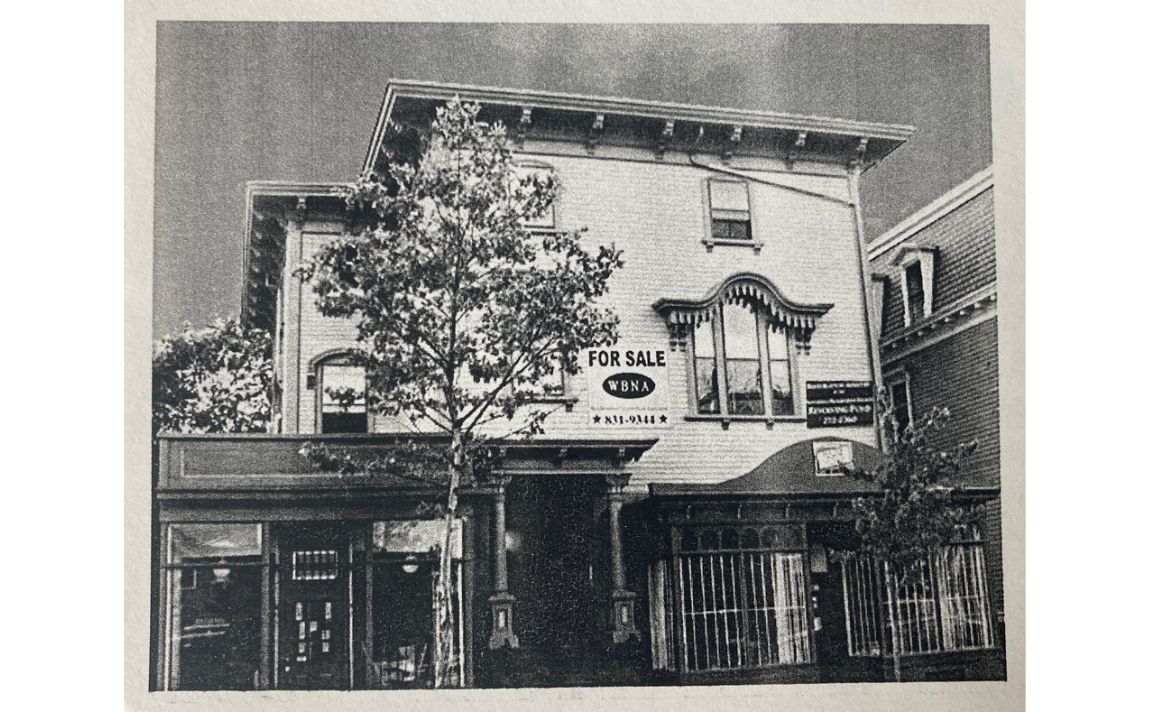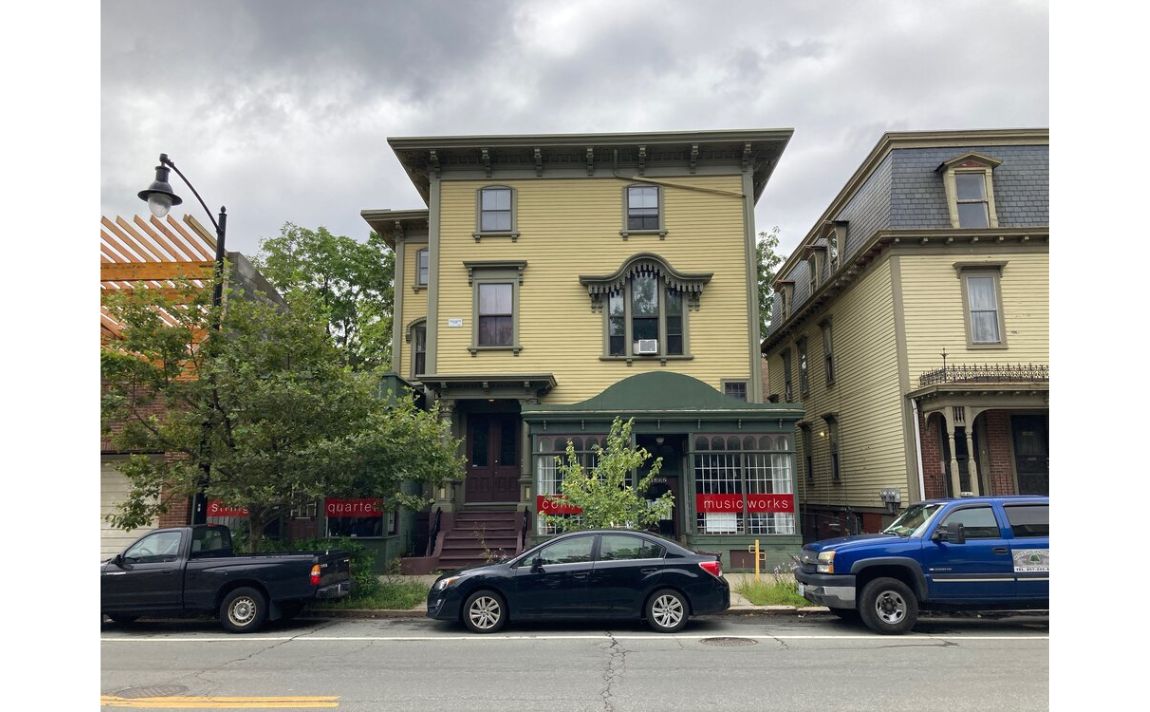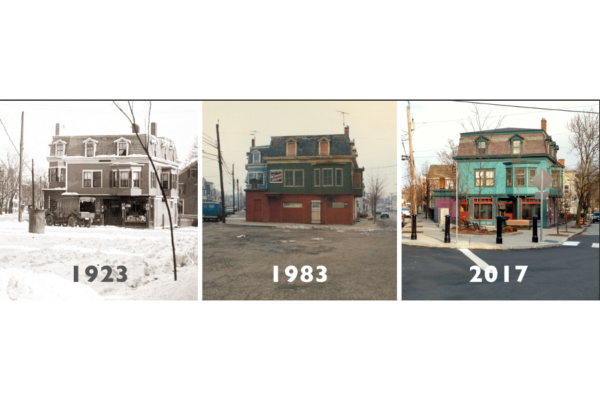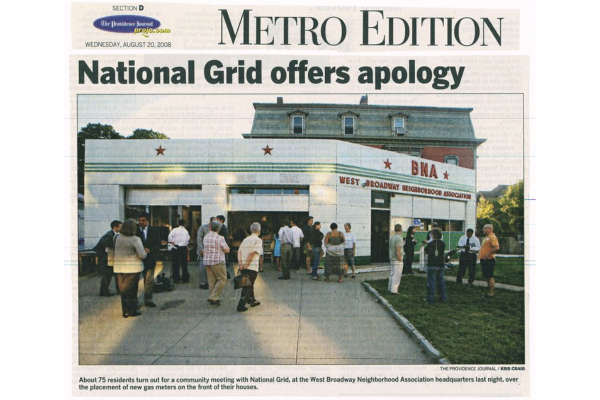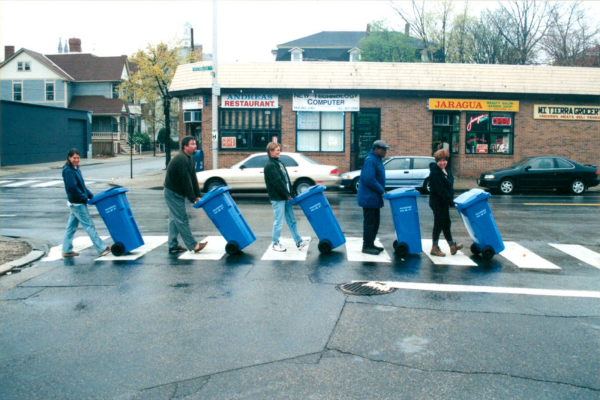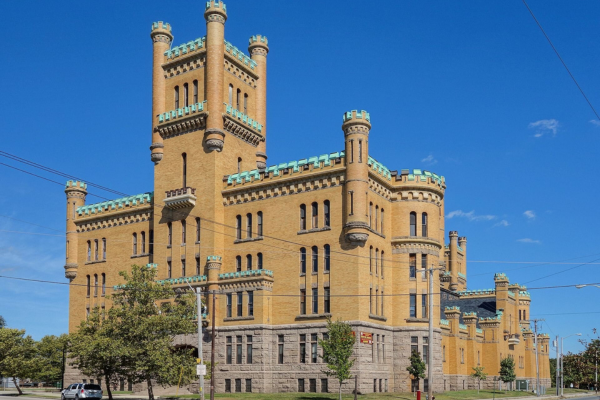1390 Westminster Street
Silas Brown built 1390 Westminster Street in c.1865 as a grand single-family Italianate villa. During the Depression, the Scola family, the owners at that time, divided the house into apartments and added Scola’s Market at the street level. In the 1950’s, the family added the second smaller storefront. Years later in the late 1990’s a non-owner occupant let the house fall into disrepair. WBNA recognized that this significant Westminster Street historic structure needed attention and could provide multiple benefits to the neighborhood and to neighbors.
Background
WBNA purchased the building in 1999 and collaborated with the Providence Revolving Fund to renovate the building. Community Development Block Grant and HOME funds from the City of Providence financed the purchase and renovation of three residential units and two storefronts. An income qualified first-time homebuyer purchased the property.
Goals
-
To save one of the last remaining Italianate “mansions” on Westminster Street
-
Sell to an owner occupant earning 80% of median income or below
-
Increase affordable rental opportunities with two income limited apartments
-
Provide two renovated retail spaces to two local small businesses
-
Set example of neighborhood development that hires local, uses quality materials and construction, is historically sensitive, and provides a well-maintained home with affordable rent
-
Make a positive impact on the revitalization of Westminster Street
Funding & Facts
-
Sources: $30,000 Rhode Island Housing Lead Hazard reduction grant;
$200,600 CDBG; $138,500 HOME; $60,000 PRF loan
-
$75,000 Purchase price $207,000 Sale price
-
Project Development Consultant: Providence Revolving Fund (PRF managed the design, restoriation, specifications, and construction)
Contractor: High Tech Construction from Central Falls
What you can do
· Are there other underutilized buildings on Westminster Street that could be repurposed into retail and affordable residential units and could be an example of socially responsible development, historic preservation, and “gentle” density? Let us know!
· Take part in WBNA Community Development Committee meetings to advocate for appropriate “Main Street” development that considers civic input, neighborhood character, context, massing, scale, climate change, local business, integration over gentrification, and housing affordability.

